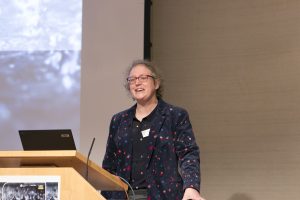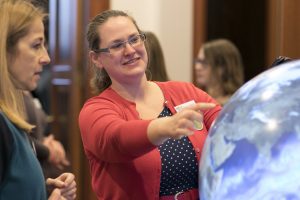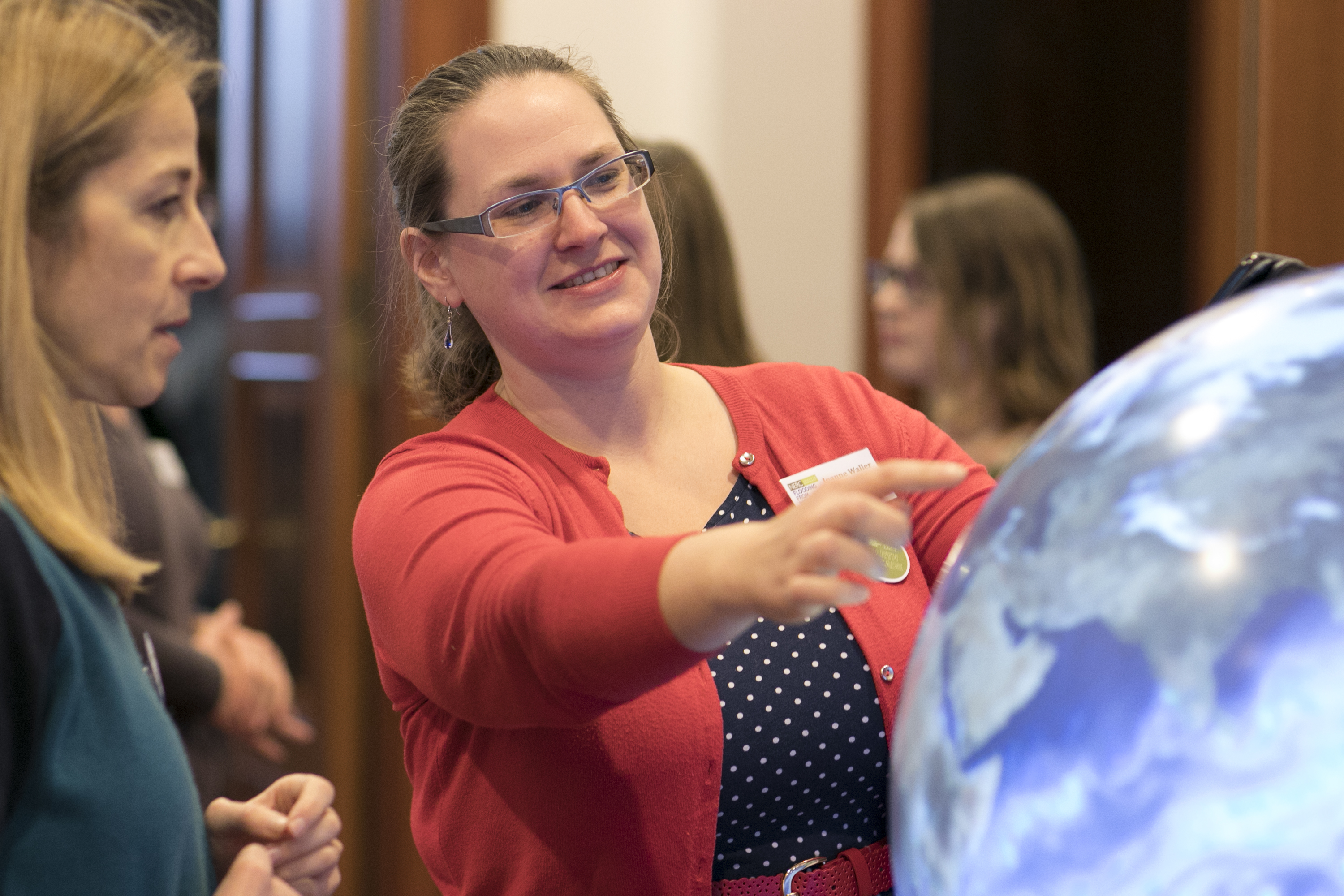Several members of the DARE team were involved in the NERC Flooding from Intense Rainfall (FFIR) programme open event, held at the Royal Society in London on 27 November 2018.


Dr Linda Speight, FFIR Policy and Impact officer wrote this overview of the event.
Over 3 million households are at risk of surface water flooding in the UK and this number is set to rise in the future. Surface water flood events happen quickly and affect small areas, the surrounding region may not see any rainfall at all. This makes them difficult to forecast.
Through the NERC funded Flooding from Intense Rainfall programme (FFIR), meteorologists, hydrologists, scientists, consultants and operational experts are working together to reduce the risks of damage and loss of life caused by surface water and flash floods.
The research includes everything from historic newspaper archives to drones and high speed computers. It has identified places vulnerable to flash flooding, developed new techniques for monitoring rivers during flood events, improved weather forecasts for intense rainfall and demonstrated the potential for real time simulation of floods in urban areas. Importantly the five year programme has helped improve communication between people in the hydrology and meteorological research communities. This will have lasting benefits into the future.
At the programme showcase event at the Royal Society in November 2018 there was a hands on opportunity to interact with the challenges of flooding from intense rainfall. Alongside presentations and an expert panel debate, participants could immerse themselves in a virtual reality simulation of a flash flood, watch convective rainfall develop on a giant forecast globe and share their thoughts on the modelling and communication chains that underpin flood forecasting.
A short video about the programme is available here
Or you can find out more details at http://blogs.reading.ac.uk/flooding/
Dr Sam Illingworth from Manchester Metropolitan University responded to the event with poetry:
After the Flood
When I thought of floods
I thought of the heavens breaking forth
In biblical proportions.
Forty days and forty nights of rain.
I thought of Boxing Day 2015;
The pain in my left hand as I scooped
Dirty water out of my in-law’s outhouse
Using nothing
More than a gravy boat and lashings
Of dampened Christmas spirit.
When I thought of floods
I thought about days of sustained rainfall.
It never even crossed my mind that Surface water flooding
Or thunderstorms could decimate the land
In hours;
Not days.
When I thought of floods
I thought about rain gauges and sandbags;
I didn’t think about how convective events form,
How soil moisture could be used to forecast flow,
Or how our future of flood defence
Could ever be bound to our arid past.
To my great shame I did not even consider:
The conditioning of least-squares problems in variational data assimilation.
When I thought of floods
I thought of observations;
Of closing the floodgates after the horse had bolted.
Observations that masked an inevitable inability
To adapt to our environments.
I thought of shattered communities,
Broken apart not just by the unrelenting force of the rising waters
But by the isolation and helplessness of being
Told to sit and wait in silence
For the cavalry to arrive.
But now….
Now when I think of floods
I think of our improved knowledge of catchment susceptibility,
And how this will help decision makers
Identify locations at risk of flooding.
I think of being able to forecast a flood event in real time,
And how this will enable better decision making and communication.
But most of all I think about people.
Of end-to-end-forecasting, knowledge sharing, and upstream engagement.
I think about how flood chronologies can
Provide a powerful data set
To develop storylines around flood histories;
Histories which can be used to engage local communities.
And how these communities can not only learn
To be resilient,
But can help to build the resilience
That we need;
To stop us all
From being washed away.

